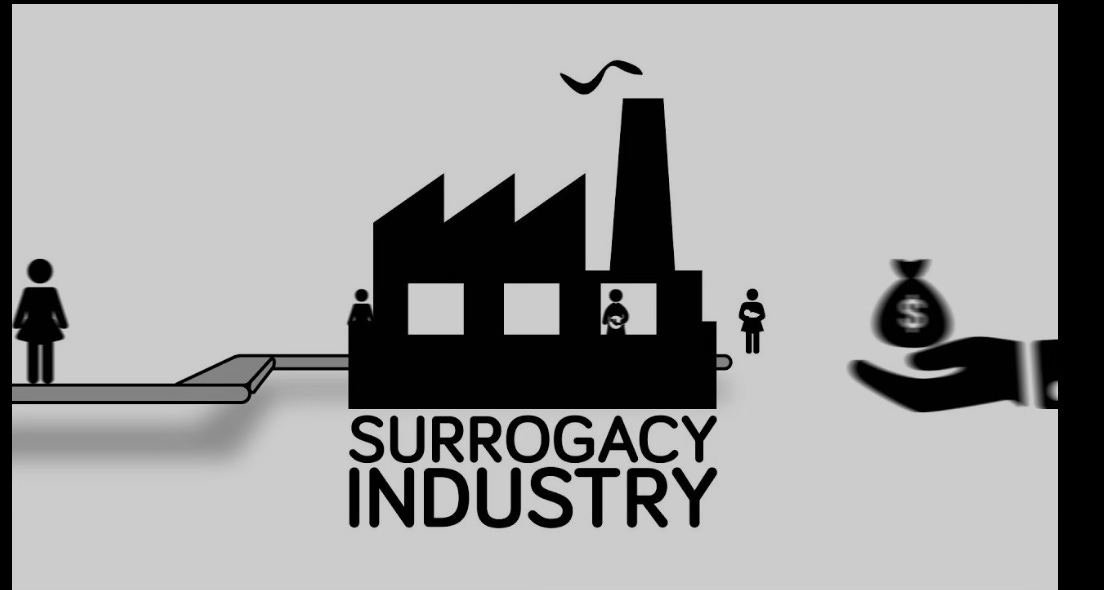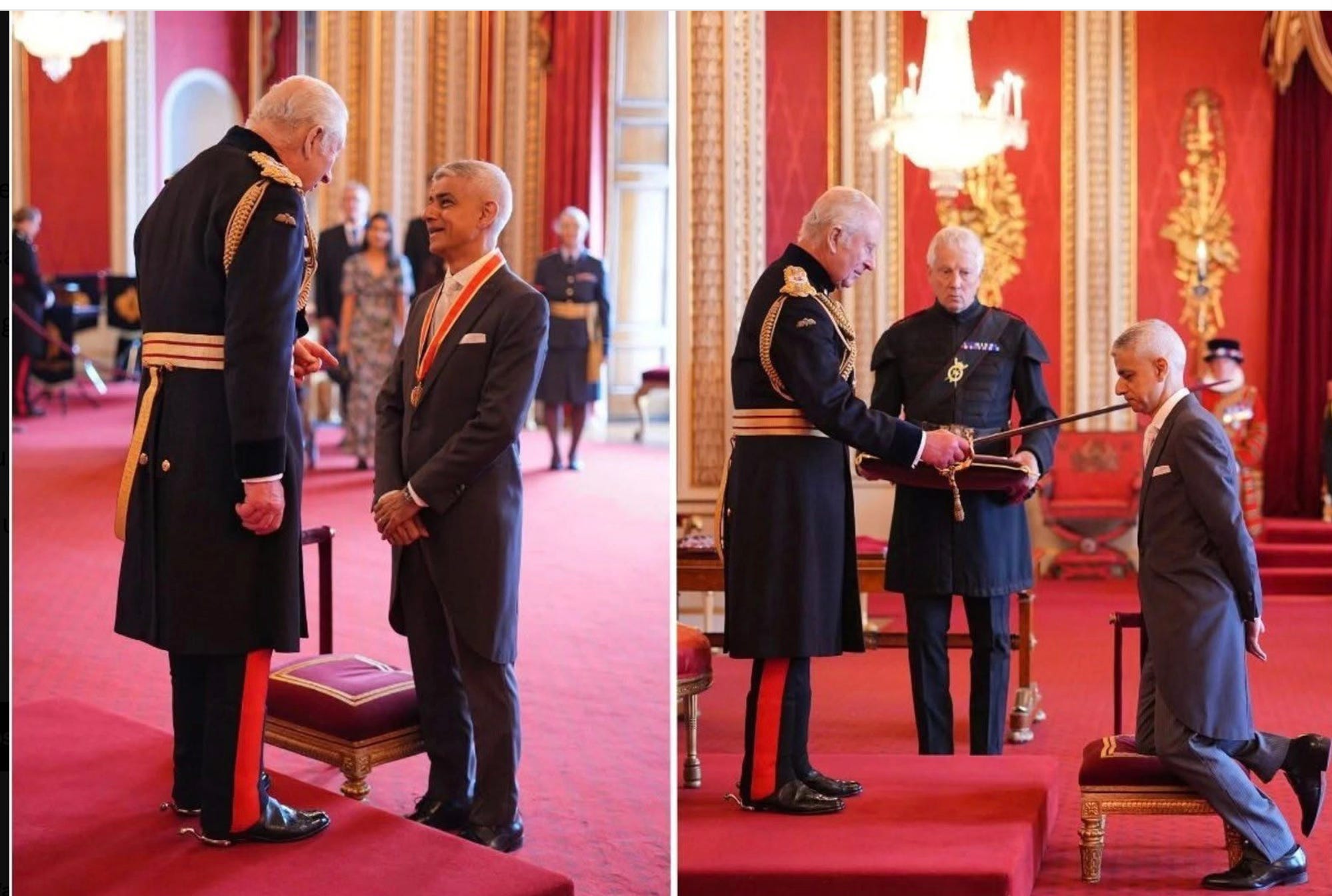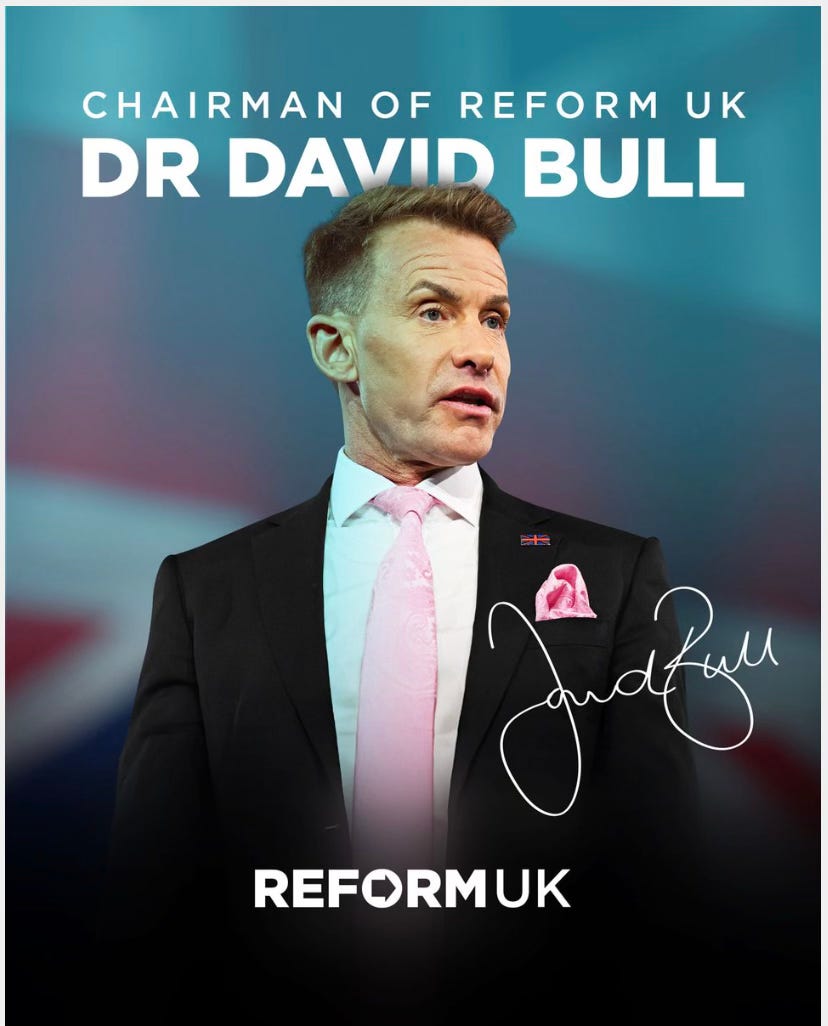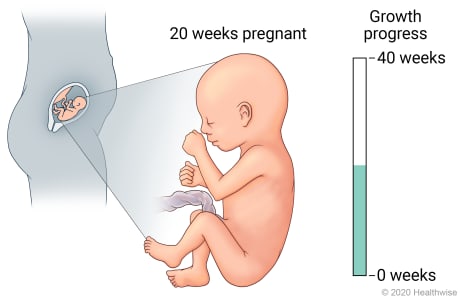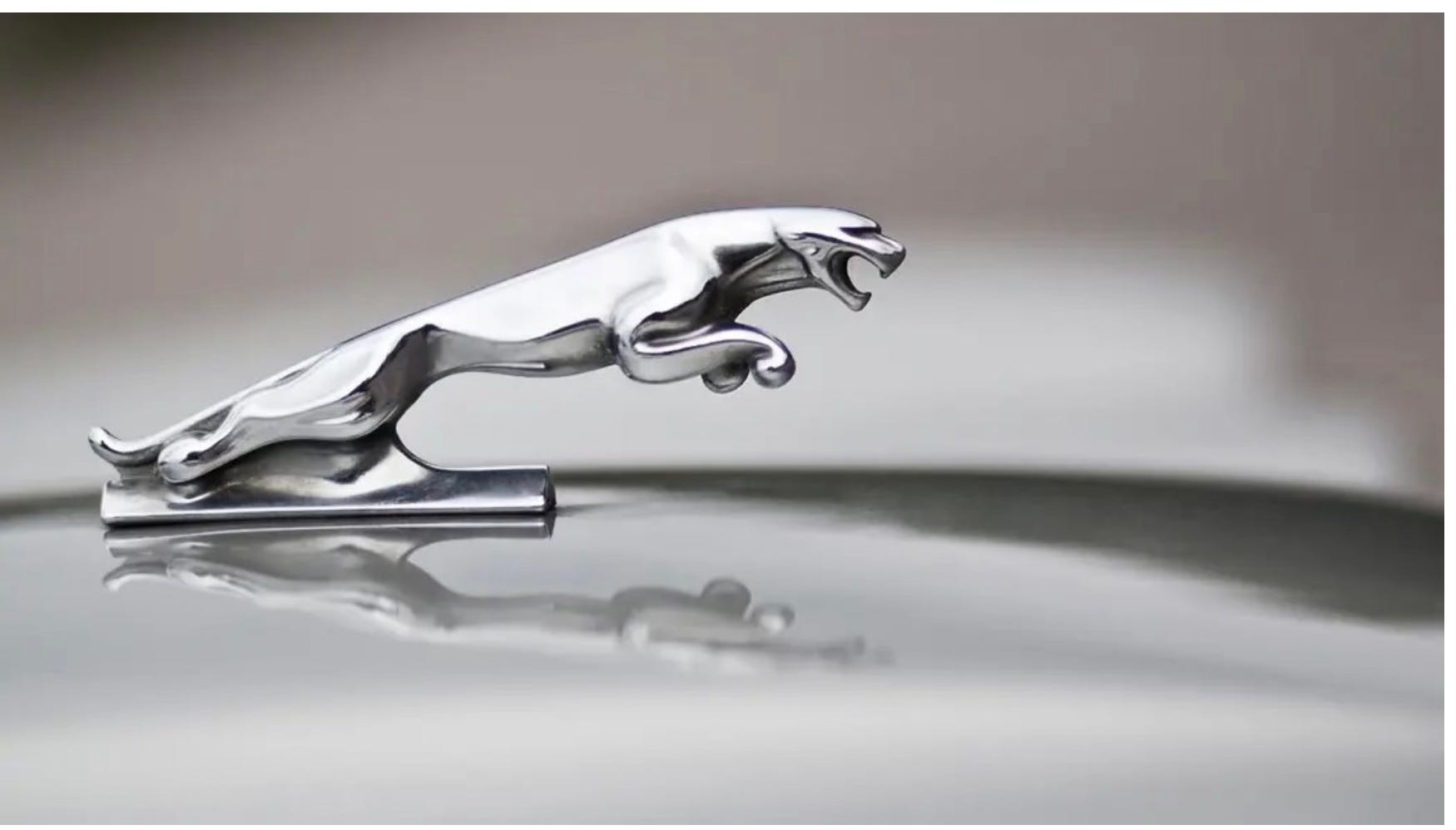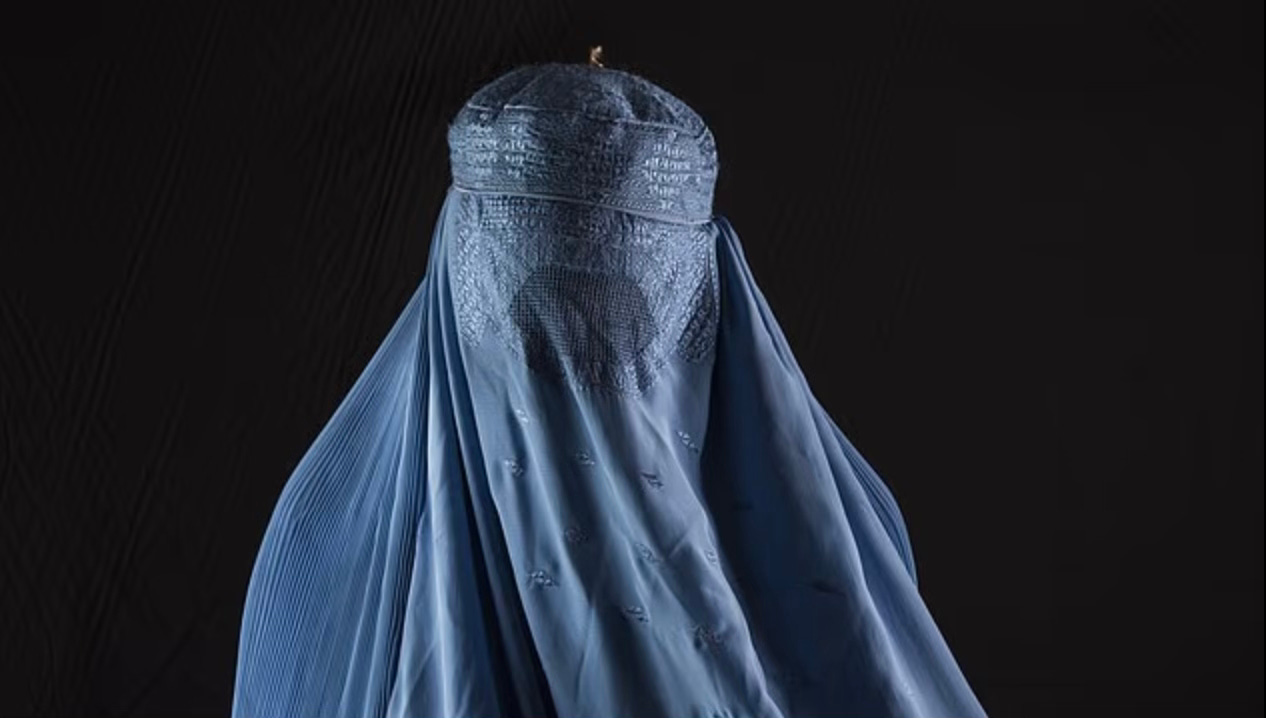David Vance SubstackRead More
Let’s talk about a surrogacy case in the UK that has been in the headlines this week.
Here is the headline from the Daily Mail:
Surrogate mother wins access to her biological son in landmark case – after gay couple said it was ‘homophobic’ for her to be involved in their ‘motherless family’ with ‘no vacancy’ for a woman!
This is what the story says:
“The baby’s two fathers, a married couple aged 36 and 43, were friends with the surrogate’s sister and were desperate for a child to complete their family so she agreed to help.
“After the transfer of a donor egg failed, they decided to try an egg belonging to the surrogate, referred to as ‘G’ in legal proceedings.
“The men, referred to as ‘X’ and ‘Y’, agreed that she would have contact with the child after it was born – but their relationship deteriorated during her pregnancy.”
I have commented before on the risks and pitfalls of IVF.
And this case is particularly interesting because in this case, Nature asserted itself from the outset and the IVF procedure failed.
Nature simply pulled the plug on the high-risk IVF route.
Presumably, having run out of money, in this case a home insemination was then used instead.
Medically, this is in fact far safer than IVF. And that is the saving grace in this case.
Nature came to the rescue.
Whatever arguments there may be about child custody, all long-term risks associated with IVF were bypassed here by accident rather than by design.
The men had agreed that the woman could see the child before it was born.
She did not go back on the original agreement.
It was the men who backtracked.
In actual fact, the woman had the opportunity to refuse to hand over the child at birth.
In the UK, if a surrogate mother changes her mind during the pregnancy, then unless she is someone who is unsuitable to be a parent, the family courts are unlikely to remove the child from her care, no matter what was written down in writing before the child was born.
It is a very unusual legal quirk, but that is how the law in the UK on surrogacy works.
The woman trusted the men to let her see the child and it is they who broke that deal.
The judge had no choice but to back the mother.
One of the reasons why so many people use countries like Ukraine for surrogacy is because the laws abroad tend to be less favourable to the woman who carries the child.
The scale of the fertility industry in the Ukraine, which is used by a lot of foreigners, is another of the dark practices in that very strange country.
Here is the kicker in all this.
Surrogacy is growing and growing. All sorts of people are using it.
What on earth is going on?
Let me quote again from the same Mail story:
“The case was first reported on by feminist writer Julie Bindel in The Critic this week.
“’In the space of a few years the term “motherless” has moved from an emotive description of absence to a positive identity argued for in court’, she wrote.
“’When celebrity couples introduce their surrogate children on social media the women who gave birth to them are rarely mentioned. The new babies are “welcomed” like they have been sent by special delivery.’
“She added: ‘To the men, G was simply a surrogate womb to a motherless child. But to G and to Z, she was his mother’.”
Would you disagree with what Julie Bindel says there?
The point about Julie Bindel is that when her views suit the Left, they cannot wait to put her up in neon lights.
But when she starts to dissect the lack of logic in fashionable thinking, she finds it a lot harder to get big media exposure in Left-ist publications.
Bindel is a lesbian feminist, but some of the things she writes about tend to find a more receptive home in conservative publications like The Telegraph.
There is a lot of talk about child trafficking in the so-called alternative media, but there is also a trade that Bindel calls ‘womb trafficking’.
A lot of the so-called alternative media keep missing these stories about fertility treatment and surrogacy scandals when they are in fact right under their nose.
This is a quote from an article that Julie Bindel wrote for The Critic called ‘End Womb Trafficking’:
“There is a raft of terrible tales about the exploitative side of the business, such as the scandal in Thailand in 2011 when 15 Vietnamese women were discovered in an apartment in Bangkok, seven of them pregnant.
“It was a baby making farm.
“The company, Babe 101, was found to have coerced women with the promise of well-paid jobs.
“Two of the women disclosed they had been raped; the others were hanging around waiting to be impregnated.”
The point is that in a case like that, the idea of surrogacy is carried to its logical endpoint.
Where does this trend for more and more surrogacy end?
In Western society, we gloss over many of the issues connected to surrogacy with pastel-coloured sanctimony.
But because surrogacy is a growth industry, logically, once you get to places like Thailand and Ukraine, then you can expect things to get grimmer.
Westerners use these locations because surrogacy in the West is expensive, particularly if you are using IVF, which is prone to failure.
This is one of the sickening Catch 22s of the fertility industry.
The fertility industry wants to grow and grow.
But, hold on, where is it going to get its hands on all the reproductive material it needs?
The fertility industry is not interested in educating people on how to maintain their natural fertility.
Instead, it is quite happy to slot itself in as an interface wherever it can.
But what is it what we need?
Surely the trend we all need is to educate people to look after their own fertility and not to keep growing the wretched fertility industry?




















